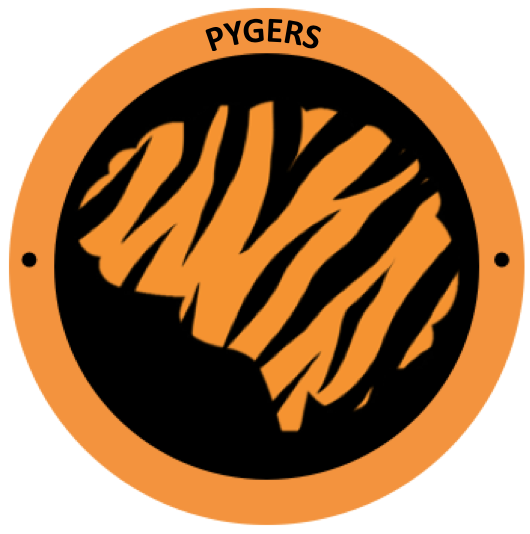External resources¶
The following are a list of resources that might be helpful as you embark on your own fMRI journey!
Blogs, Tutorials, and Courses¶
- AFNI Bootcamp
A collection of YouTube videos that describe the theory/concepts of processing neuroimaging data using AFNI. It also shows hand-on usage of the graphical tools in the AFNI software package.
- Andy’s Brain Blog
A blog by Dr. Andrew “Andy” Jahn where he posts tutorials and videos after neuroimaging analysis from start to finish! Importantly, he covers a range of popular software packages (e.g., AFNI, SPM, FSL).
- codecademy
Want to learn how to code but don’t know where to begin? Start here! You can learn how to code by doing it.
- DartBrains
Materials for an course by folks at Dartmouth College. It provides an introduction to in vivo neuroimaging in humans using fMRI, starting with how the MRI scanner generates data all the way to how this data can be processed and analyzed.
- Data Carpentry
Lessons that provide an introduction to the computational skills needed for data management and analysis in all domains of research.
- Meta-Resource of Meta-Resources for Cognitive Neuroscience
This isn’t Inception but instead a useful took that centralizes recourses for cognitive neuroscience research. It has everything from free online tutorials/courses you can go through to funding opportunities and summer schools/workshops you can apply for and so much more!
- Mumford Brain Stats
A tumblr maintained by Dr. Jeanette Mumford where she answers questions about the statistical analysis of neuroimaging data. She also has a YouTube channel with short video tutorials and lessons about different neuroimaging data analysis strategies.
- Neurohackademy
Lots of online materials from a Neurohackademy, a summer school in neuroimaging and data science that is held at the University of Washington eScience Institute.
- Neuroimaging Analysis Methods for Naturalistic Data
An online book developed by folks at Dartmouth College (Drs. Luke Chang, Emily Finn, and Jeremy Manning) in collaboration with a lot of other cool people. It includes a collection of the state-of-the-art techniques used in analyzing naturalistic data, such as films or stories.
- NeuroStars
Question and answer forum for neuroscience researchers.
- Nipype Beginner’s Guide
A beginner’s guide about how to use Nipype, a neuroimaging data processing Python framework.
- Open Science Resources
List of various tools and resources that could be useful for transitioning to more open and reproducible science, and specifically for switching from MATLAB to Python. Compiled by the MRC Cognition and Brain Sciences Unit.
- practiCal fMRI: the nuts & bolts
A blog with tips and tricks to help you conduct better fMRI experiments.
- PURSUE: Preparing Undergraduates for Research in Stem-related fields Using Electrophysiology
Geared towards undergrads, these are useful resources for learning how to run EEG research.
- ReproNim Tutorials
Tutorials about issues that affect the reproducibility of neuroimaging research (data acquisition, experimental methods, recording keeping and reporting)
- Scipy Lecture Notes
Tutorials about the scientific Python ecosystem.
- Software Carpentry
Lessons and workshops teaching the basic lab skills for research computing.
Useful Toolboxes¶
- BrainIAK
Brain Imaging Analysis Kit, or BrainIAK, is an open-source Python software that applies advanced machine learning methods and high-performance computing to analyzing neuroimaging data. It is tightly integrated with scikit-Learn and includes lots of modules, from multi-voxel pattern analysis to topographic factor analysis and more! This was created in a collaborate between Intel and the Princeton Neuroscience Institute.
- Nilearn
Python package that provides statistical and machine-learning tools for neuroimaging data.
- NiBabel
Software package for python that helps you read and write common neuroimaging file formats.
- PySurfer
Python library for visualizing cortical surface representations of neuroimaging data.
- scikit-learn
Software machine learning library for Python that featurs various classification, regression, and clustering algorithms.
- SciPy
Python-based ecosystem of open-source software for mathematics, science, and engineering. Its core packages include NumPy, SciPy, Matplotlib, iPython, and pandas.
Running Online Experiments¶
- Cloud Research
Formerly known as TurkPrime, it is a participant-sourcing platform for online research
- Millisecond
Precision software for running online psychology (and other type of) experiments
